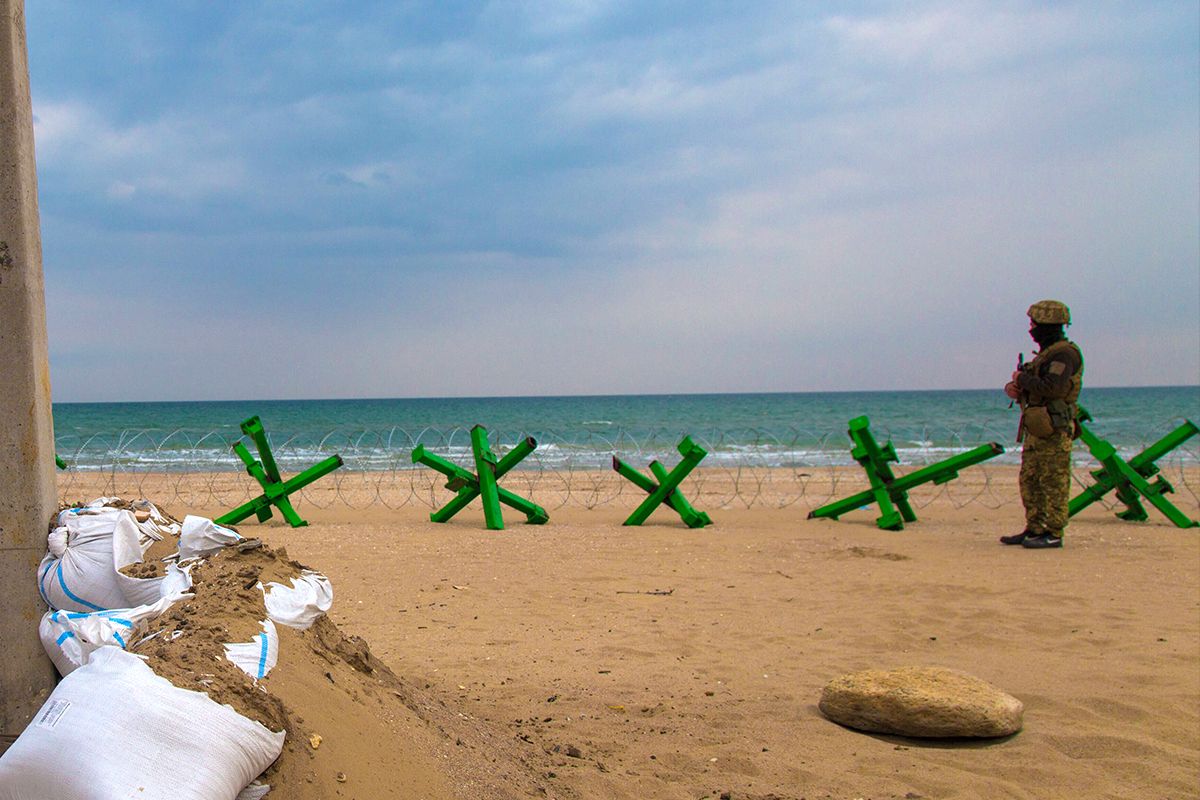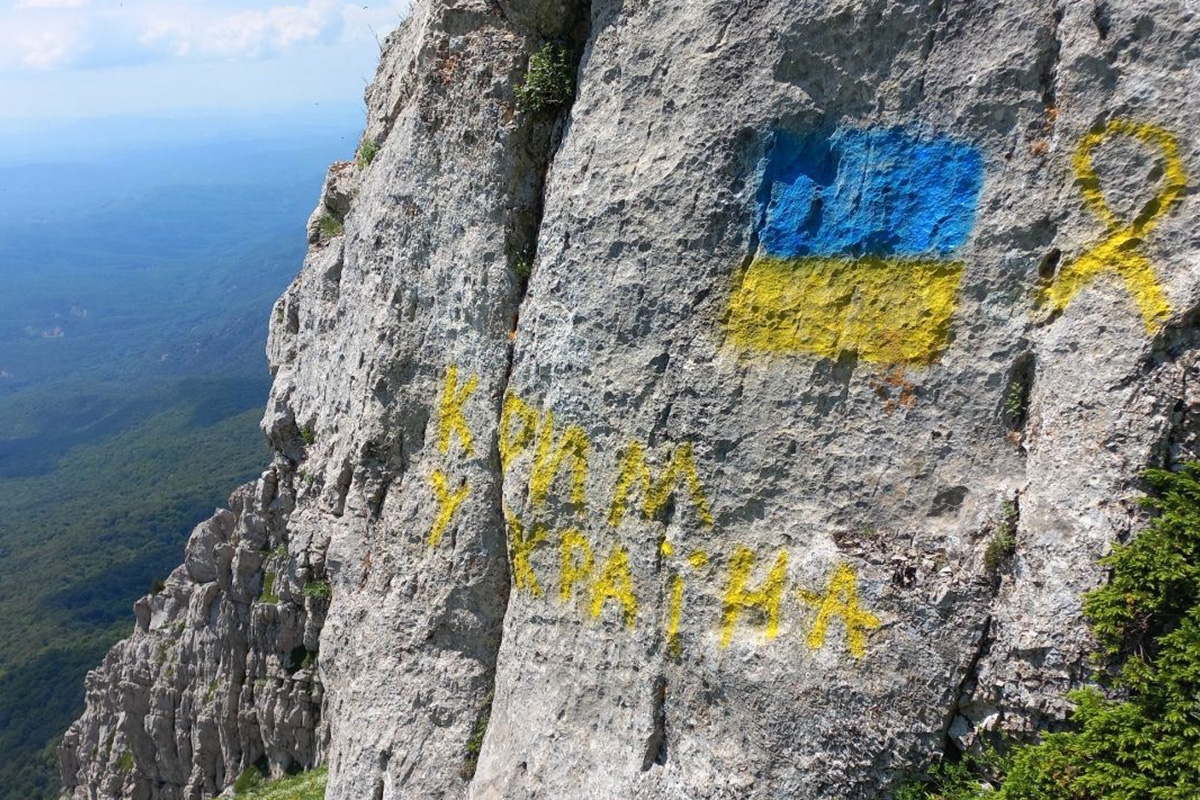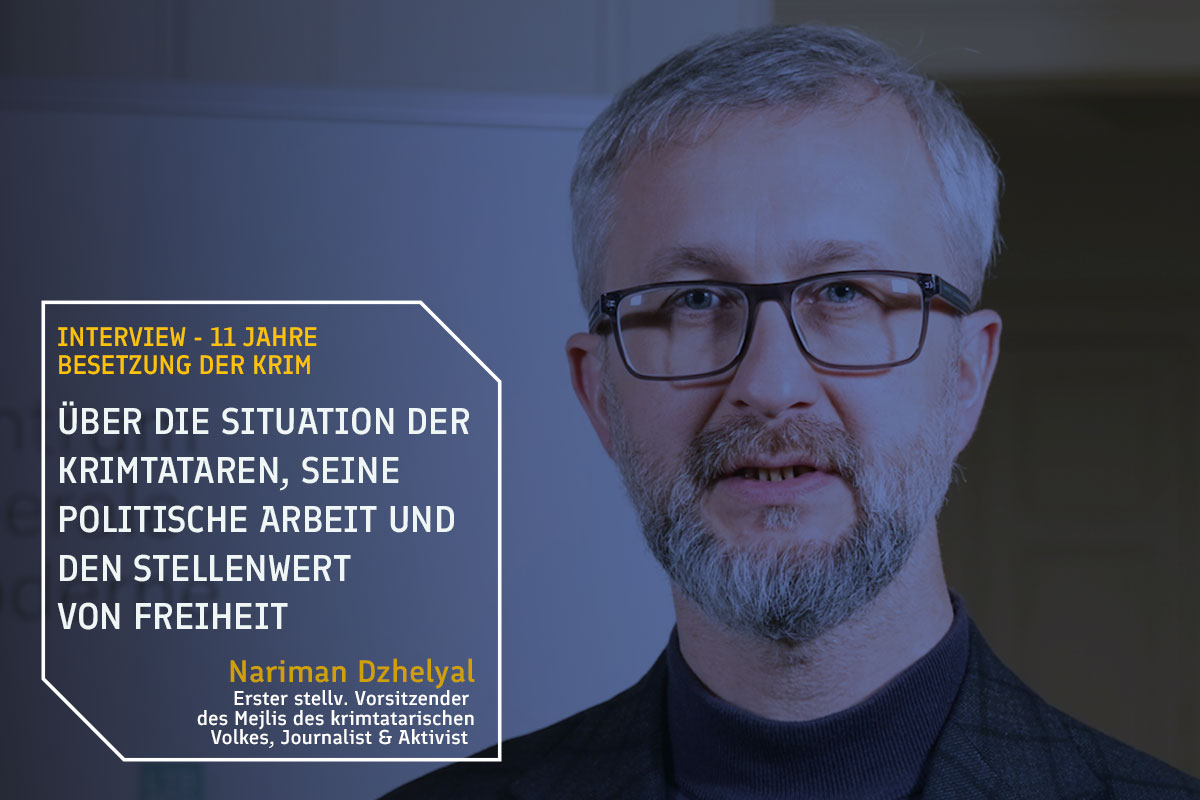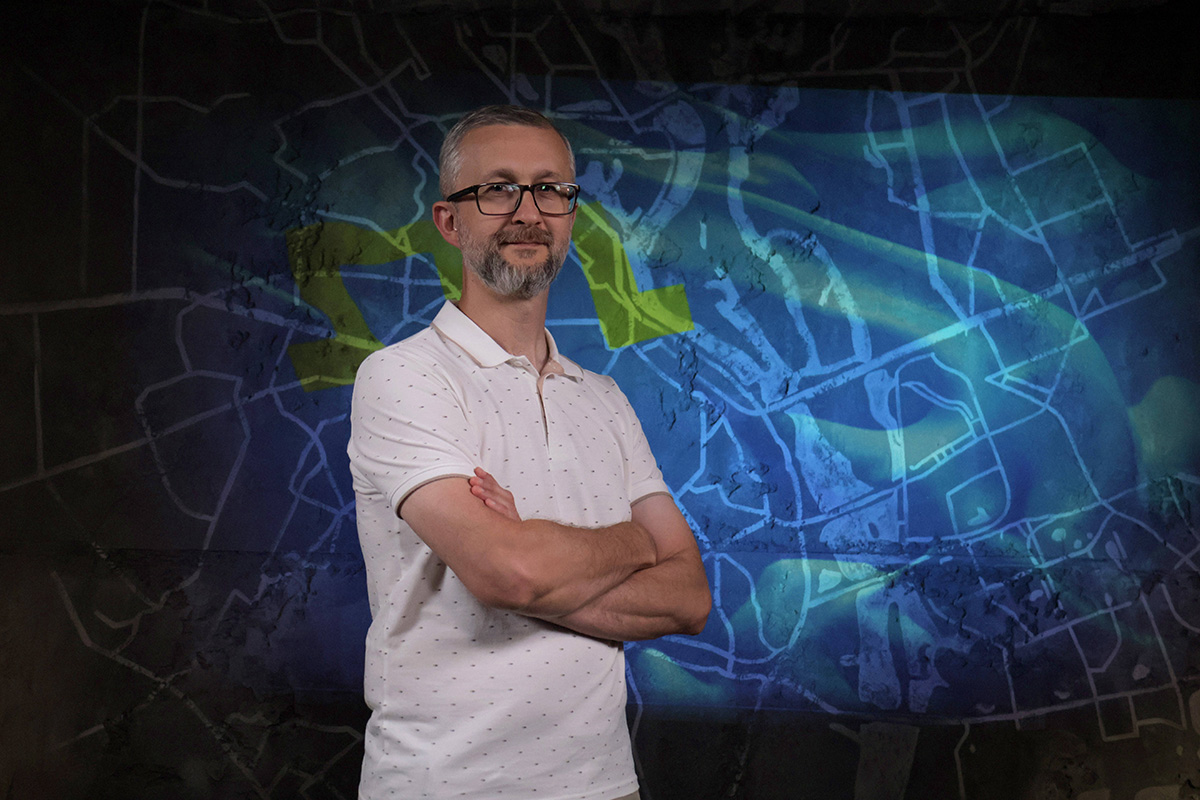Crimea and the Black Sea (in)security amid Russia’s war against Ukraine
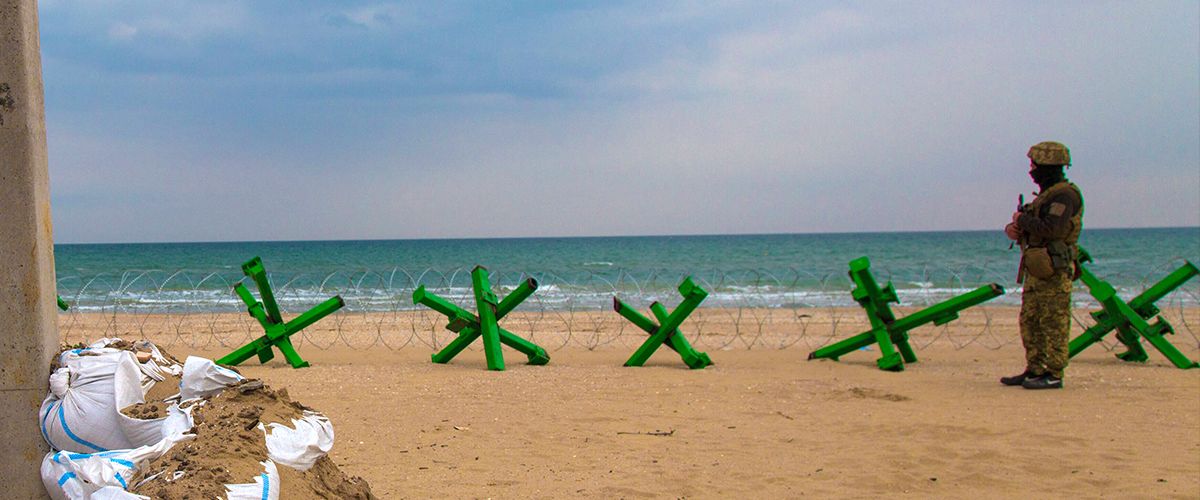
The Center for Liberal Modernity (LibMod) discussed with Tamila Tasheva, Wilfried Jilge, Olha Skrypnyk, Dr. András Rácz and Marieluise Beck about “Crimea and the Black Sea (in)security amid Russia’s war against Ukraine”.
Sie sehen gerade einen Platzhalterinhalt von YouTube. Um auf den eigentlichen Inhalt zuzugreifen, klicken Sie auf die Schaltfläche unten. Bitte beachten Sie, dass dabei Daten an Drittanbieter weitergegeben werden.
Mehr InformationenThe Black Sea, the Crimean Peninsula, and the Sea of Azov from a strategic region in the European Union’s Eastern Neighbourhood. The region’s importance for defence, transportation, and trade has risen sharply since Russia’s illegal annexation of Crimea in 2014, which marks a turning point for the European security order. In the following years, Russia heavily militarized the peninsula, turning it into a bridgehead for its large-scale invasion of Ukraine in February 2022. We believe that the Kremlin has not given up its aim to occupy Odesa, the biggest city on the Black Sea shore, in order to establish its hegemony in the region.
Which strategy should Ukraine pursue to de-occupy its southern regions and Crimea? What is the current military and human rights situation there? How should the EU and other regional actors deal with Russia to ensure long-term security in the Black Sea basin?
Statements of the experts, who took part in the discussion:
Dr. András Rácz, Associate Fellow, Security and Defense Program, German Council on Foreign Relations (DGAP)
- Since the annexation of Crimea, the peninsula has been heavily militarized. The number of Russian soldiers increased, Soviet airports were modernized, and anti-missile systems were installed. The Crimean Peninsula with the Kerch Bridge is now functioning as a key logistical hub for the Russian military supply. Besides, Russia is using Crimea for its intelligence activities. As a result, the only “successful” Russian offensive in February 2022 was the one from the direction of Crimea. Russia is using train systems and military storage facilities on the peninsula for the advance of its army.
- At the same time, an immediate amphibious attack on Odesa is rather impossible. Ukraine pushed the Russian fleet around 200 km away from the coastline using Western anti-ship missiles and long-range artillery. Besides, around 80 percent of Russian forces are focused on Donbas now.
- Making an agreement with Russia about a possible grain export route is dangerous because of the different moves that must follow each other. If Ukraine demines the coastline, it is not certain whether Russia will allow free shipment or not. In case Russia will not enable the export of grain after the demining, it is unclear how Russia might use the then newly demined terrain. Those kinds of arrangements and commitments should be decided cautiously.
- Calling for peace now means accepting current Russian territorial gains. After what happened in Bucha, Irpin, Mariupol, any peace will not ease the suffering.
Tamila Tasheva, Permanent Representative of the President of Ukraine in the Autonomous Republic of Crimea
- Male citizens from Ukraine are forced into a conscription into the Russian military, meaning they must fight in the Russian army against Ukraine. Up to now, more than 100 soldiers have been conscripted from occupied territories.
- Russia is disseminating propaganda both on Crimea and in other occupied territories, which is aimed at distorting events in Ukraine. Deliberately false information is being spread, and schoolteachers are forced to legitimize the war in Ukraine and Putin’s speeches. Since March 2022, the new Russian “fakes law” is in place. It forbids citizens of the Russian Federation and of the occupied territories to speak up against the Russian war. Hence, people in Crimea, who still publish anti-war slogans or protest in other ways against the war, are being detained. It hits the representatives of Crimean Tatars most heavily, not only in Crimea but also in the newly occupied territories.
Wilfried Jilge, Mediation Advisor Ukraine, Center for International Peace Operations (ZIF), Associate Fellow, German Council on Foreign Relations (DGAP)
- Russia’s interest in the Black Sea region and the South of Ukraine is based on its long-standing imperialist ideas. The aims of Russia go further than Ukraine – towards the Caucasian Sea and the broader Black Sea region. The West, and especially Germany, did not see or understand those developments. Western policymakers should take signals from autocrats seriously because those signals explain the strategic aims with projections into the past.
- Germany tried to act in a role of a meditator since the beginning of the war in 2014. Still, a clear analysis was missing about what was happening in Crimea and in Donbas. Germany dismissed its possibility to influence Russia and missed opportunities of earlier diplomatic responses to escalations, such as the blockade of the Azov Sea in 2018.
- The solution to the grain issue is important for Turkey, which acts as a mediator in the current situation. President Erdoğan faces the pre-election campaign and is interested in a deal that would secure a symbolic victory and stabilize the domestic food prices. It is significant to watch Turkey’s reaction to Russian exports of the stolen Ukrainian grain. Should Turkey accept the stolen grain, its position as a mediator will be damaged. Besides, it would result in the continuation of stolen grain exports.
- Male citizens in the occupied Kherson region are forced into mobilization. A lot of male citizens flee from the Kherson region, which results in a lack of labour force. Therefore, Russia established a program for Russian citizens, which enables them to get a double income if they work in the Kherson region to fill the labour positions there. While this procedure breaks international law for hidden demographic changes within the region, another problem arises: Only poorly educated Russian workers will fill positions as doctors, etc., which will negatively impact the lives of people there.
Olha Skrypnyk, Chairperson of the Crimean Human Rights Group, Coordinator of the Group for Human Rights and International Humanitarian Law in the Crimea Platform’s expert network
- The Crimean human rights group continues to work on the ground in Crimea and follows the political persecution and human rights violations, especially of the representatives of Crimean Tatars. Russia continues to persecute journalists, activists, and lawyers. The Russian regime in Crimea has become even more repressive since the start of the war.
- The school education on the peninsula is being militarized heavily. The buildings of many schools are being used by the Russian army as a base for the attack on Ukraine.
Marieluise Beck, Director for East-Central and Eastern Europe at LibMod, moderated.
![]()
Verwandte Themen
Newsletter bestellen
Tragen Sie sich in unseren Newsletter ein und bleiben Sie auf dem Laufenden.
